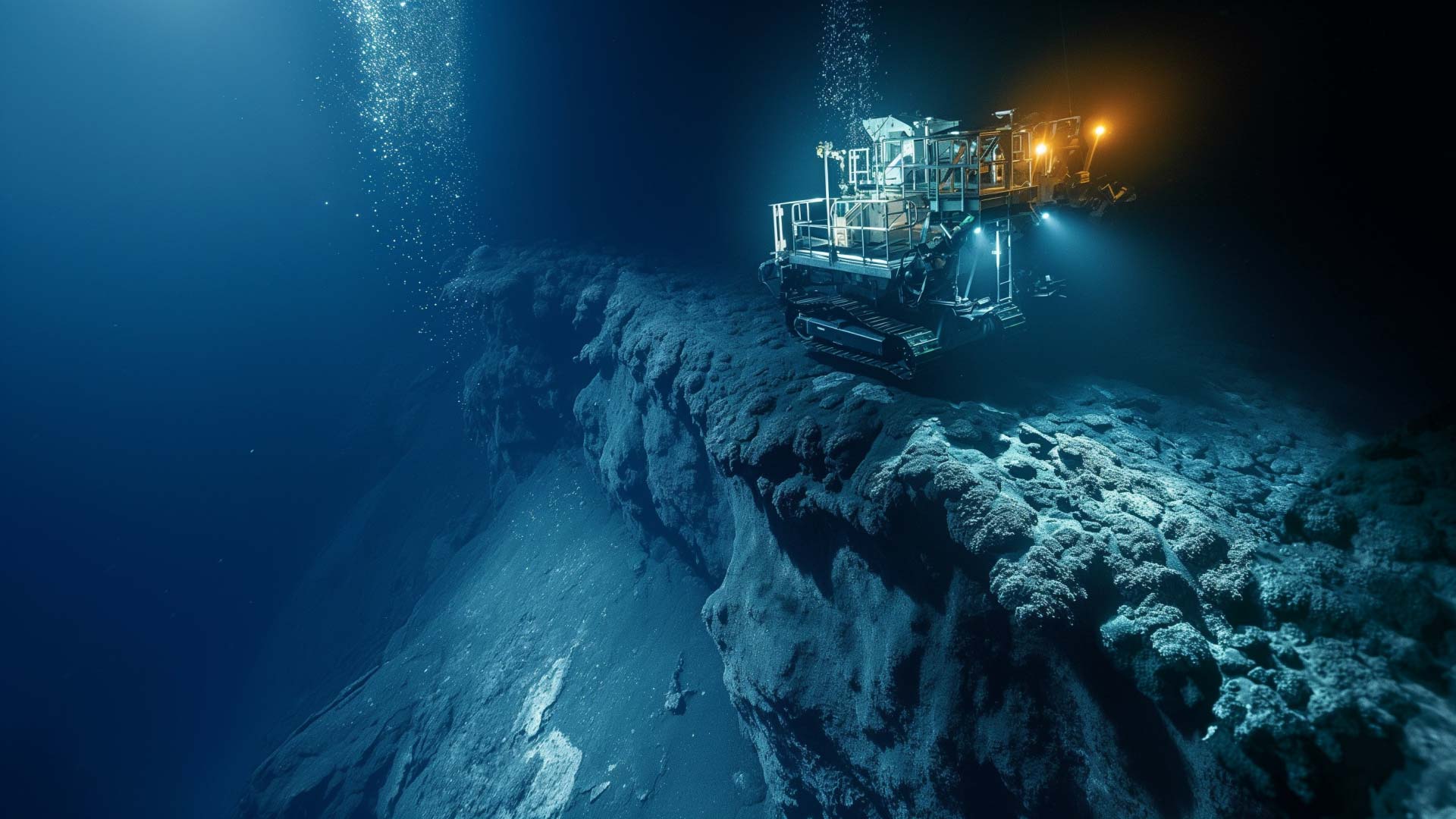- The Rising Threat of Seabed Quarrying in Cavite
- The Call to Action: Saturday's Summit in Cavite
- Urging Transparency and Accountability
- Current State of Seabed Quarrying in Cavite
- Environmental and Socio-Economic Consequences
- Highlighting Broader Environmental Risks
- The Summit's Key Demands
- Conclusion
The Rising Threat of Seabed Quarrying in Cavite
A significant summit scheduled for Saturday will unite environmental advocates, fisherfolk, and various stakeholders in a stand against seabed quarrying in Cavite province. The event aims to raise awareness of the environmental and socio-economic impacts of these activities, urging immediate action.
Understanding Seabed Quarrying and Its Impacts
Seabed quarrying, a process involving the extraction of sand and minerals from the ocean floor, has become a growing concern in Cavite. This practice, while supporting large-scale development projects, poses severe risks to the marine ecosystem and the livelihoods of local communities.
The Call to Action: Saturday’s Summit in Cavite
Organizers and Objectives of the Summit
The upcoming summit, organized by a coalition of non-profit organizations, will take place at the Philippine Christian University. The primary objective is to unite various stakeholders in a concerted effort to halt seabed quarrying in Cavite. Environmentalists, fisherfolk, and community leaders will join forces to voice their concerns and demand action.
Urging Transparency and Accountability
Demanding the Release of Impact Assessment Results
One of the key demands of the summit participants is for the Department of Environment and Natural Resources (DENR) to release the findings of a cumulative impact assessment on seabed quarrying conducted last year. This transparency is crucial in understanding the full extent of the damage caused by these activities.
Current State of Seabed Quarrying in Cavite
Permits and Scale of Operations
According to the Mines and Geosciences Bureau (MGB), five active seabed quarrying permits are currently in place in Cavite. These operations cover approximately 27,000 hectares of sea area, resulting in the extraction of an estimated 40 million cubic meters of sand. The quarried materials are primarily used for large-scale projects in Manila Bay and Bulacan.
Environmental and Socio-Economic Consequences
The Devastating Impact on Marine Ecosystems
Research has shown that seabed quarrying can have catastrophic effects on marine ecosystems. The process disrupts the ocean floor, leading to the destruction of habitats, pollution, depletion of oxygen levels, and harm to aquatic vegetation. These environmental changes have a direct impact on local fishermen, whose livelihoods are threatened by the decline in fish populations.
Community Concerns and Opposition
In 2022, Bishop Reynaldo Evangelista of Imus publicly condemned the expansion of seabed quarrying at the San Nicholas Shoal, highlighting the negative consequences for both the environment and coastal communities. The non-profit environmental group Kalasag has also reported incidents of intimidation and red-tagging against activists opposing seabed quarrying.
Highlighting Broader Environmental Risks
Offshore Mining and Reclamation: A Dangerous Combination
The Alyansa Tigil Mina has emphasized the broader risks associated with offshore mining, dredging, and reclamation projects. These activities contribute to environmental issues such as red tide outbreaks, coastal erosion, flooding, and significant damage to seabeds and marine life.
The Summit’s Key Demands
Ending Seabed Quarrying and Reclamation Projects
The summit will serve as a platform for participants to call for an immediate end to seabed quarrying and a halt to ongoing reclamation projects. Additionally, there will be a push for a comprehensive cost-benefit analysis of these activities to fully assess their long-term impacts.
Advocating for Legislative Action
Another critical objective of the summit is to advocate for the passage of legislation that would prohibit seabed quarrying in the Philippines. Such laws are essential to protect the nation’s marine resources and ensure the sustainability of coastal communities.
Conclusion
The Path Forward: Protecting Cavite’s Marine Ecosystem
As the summit draws attention to the urgent need for action, it represents a significant step forward in the fight to protect Cavite’s marine ecosystem. By uniting environmentalists, fisherfolk, and concerned citizens, the event aims to bring about meaningful change and safeguard the region’s natural resources for future generations.
